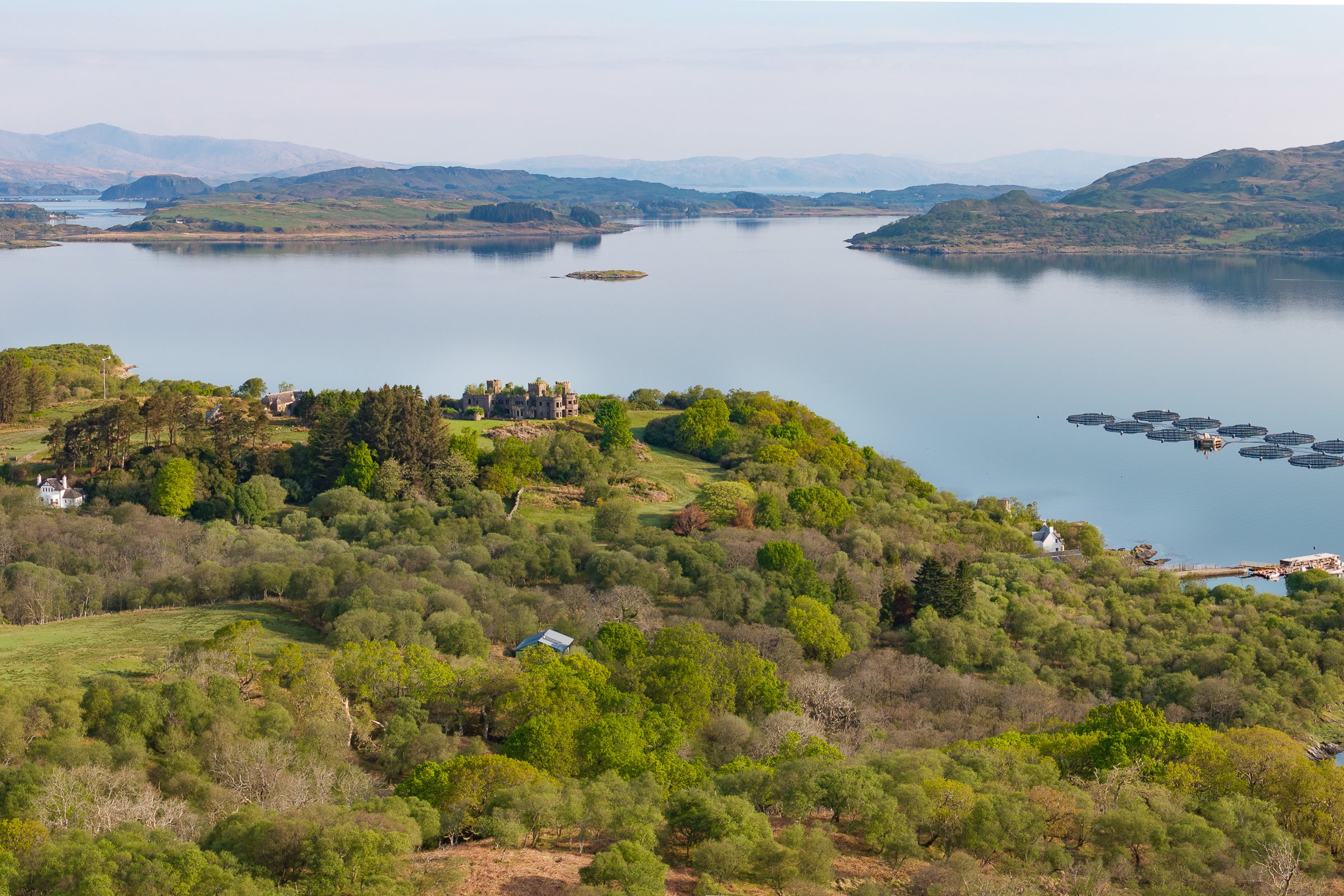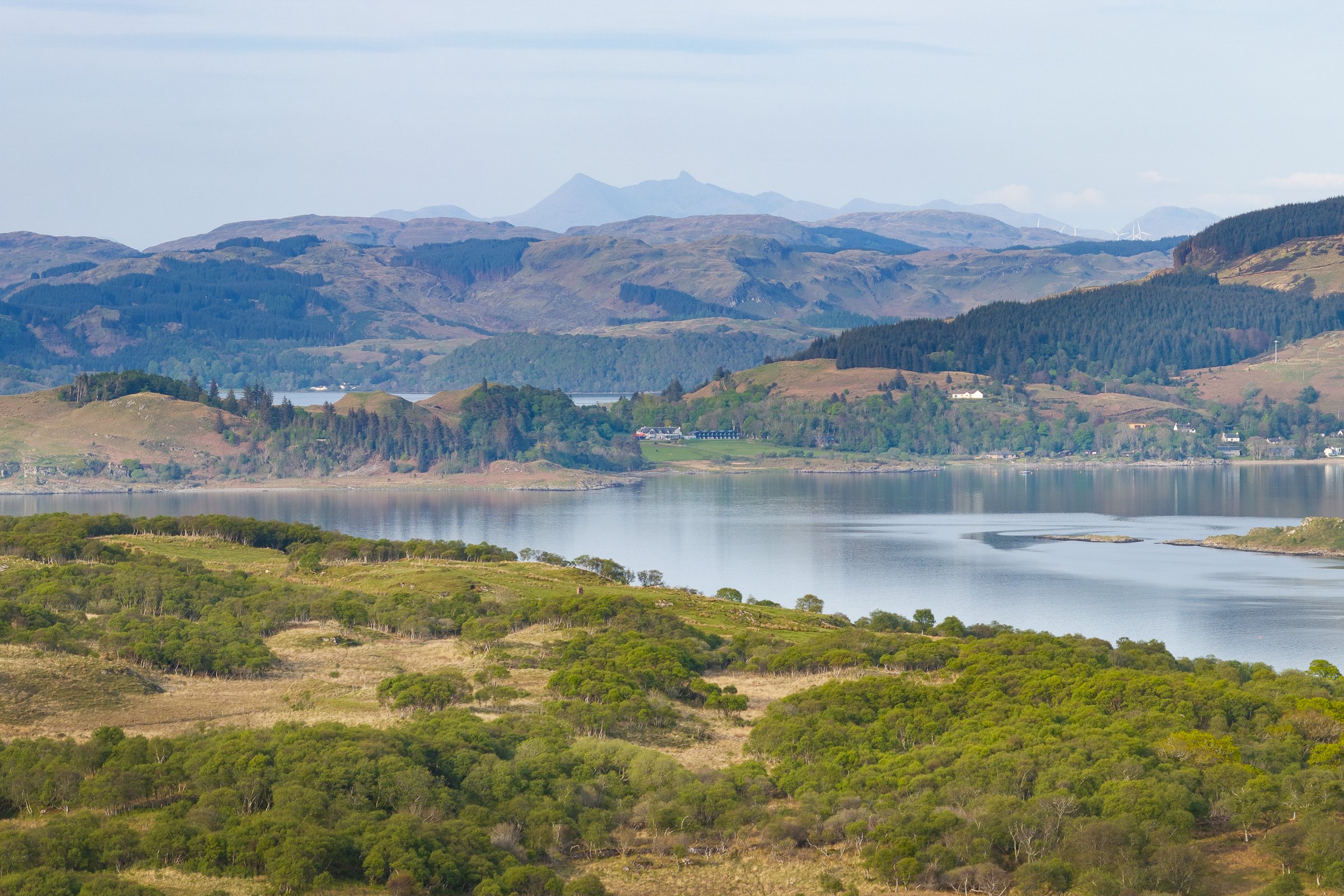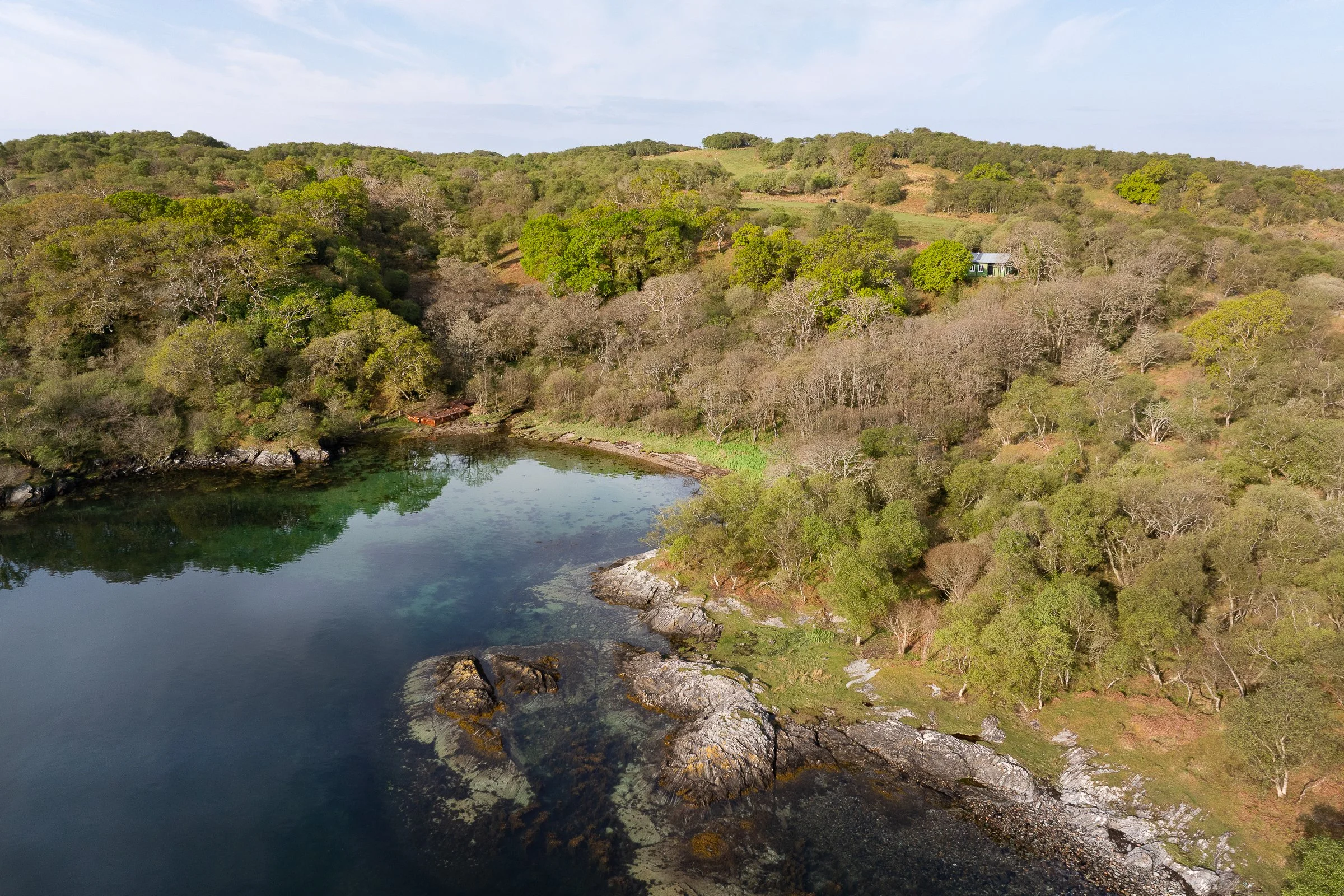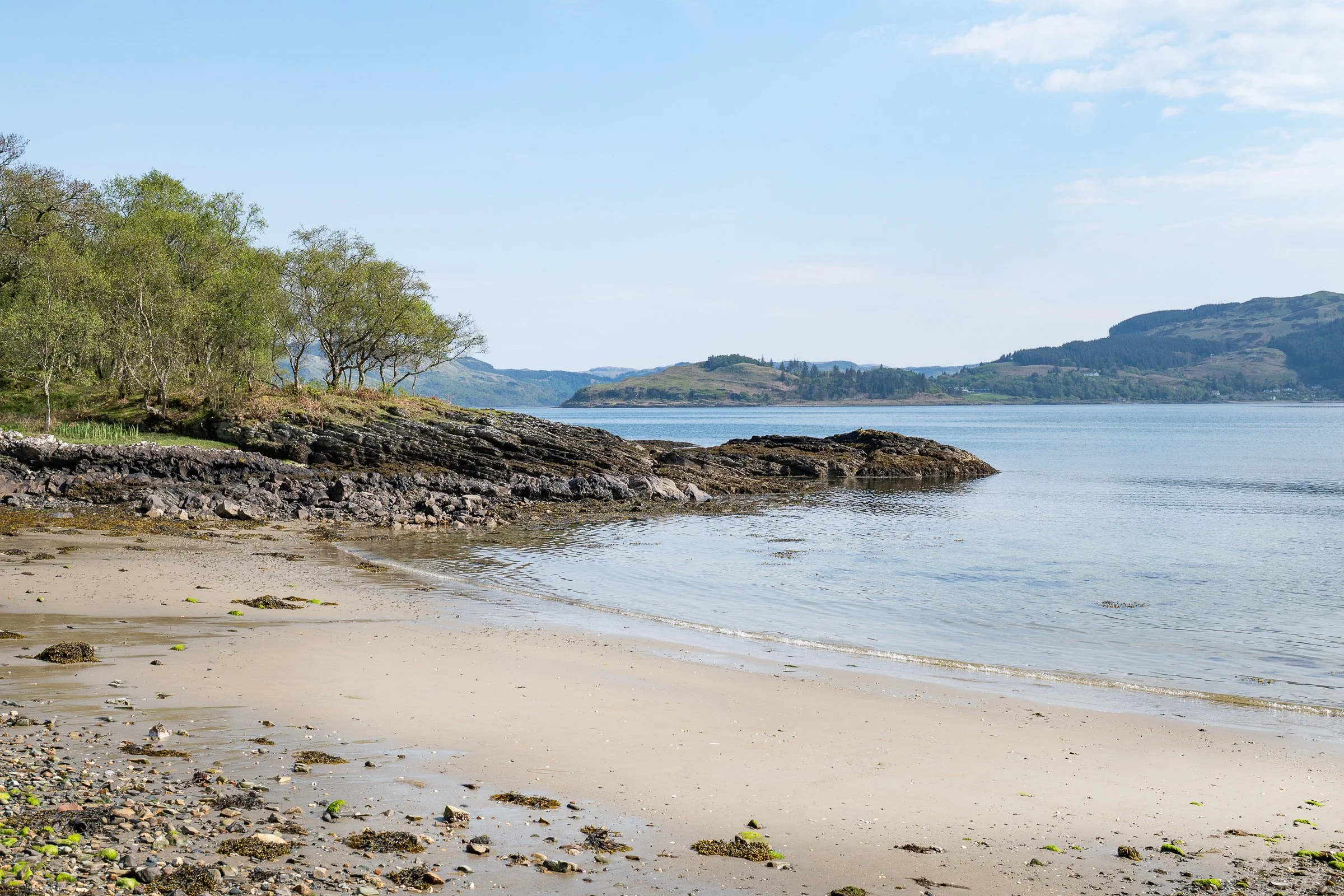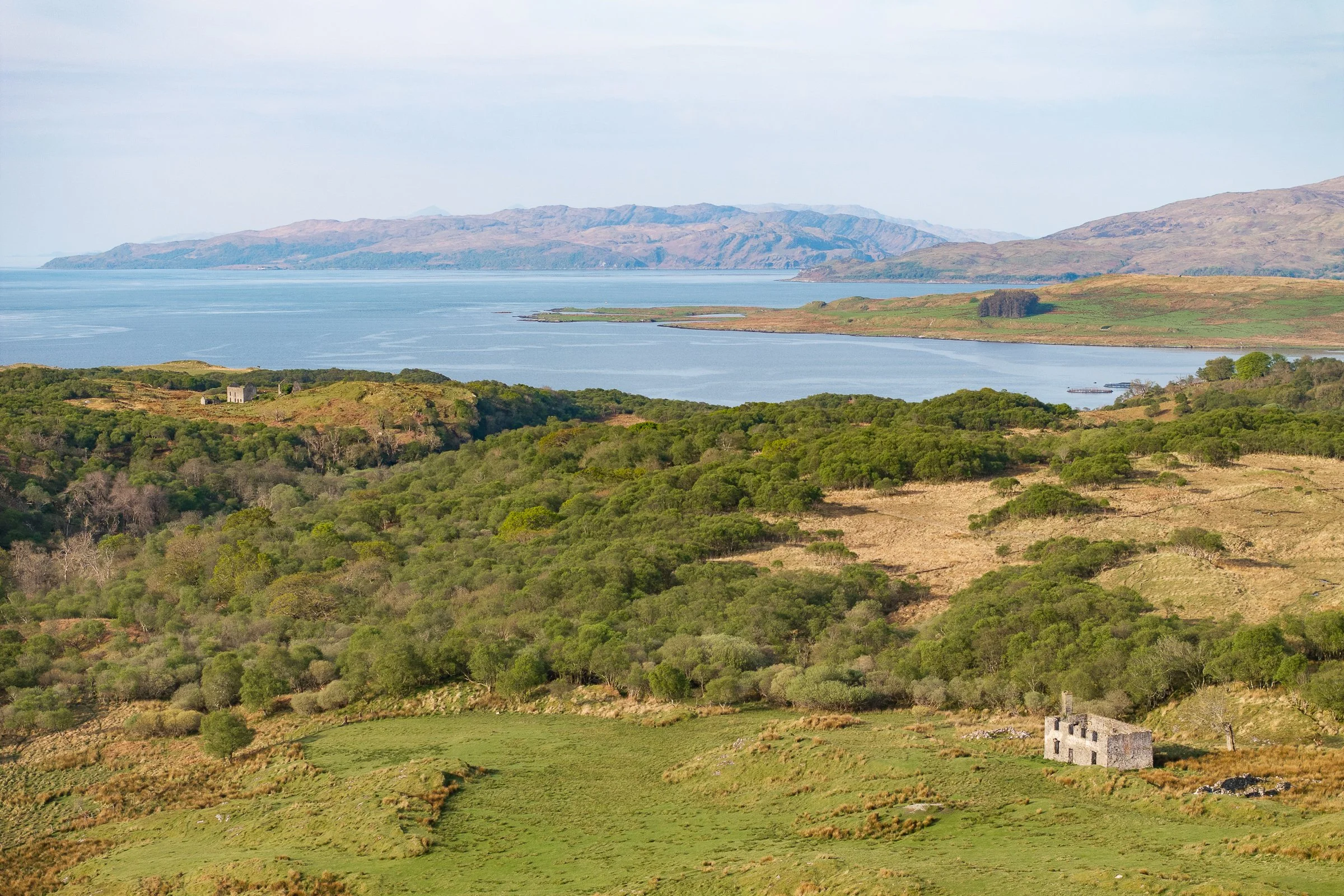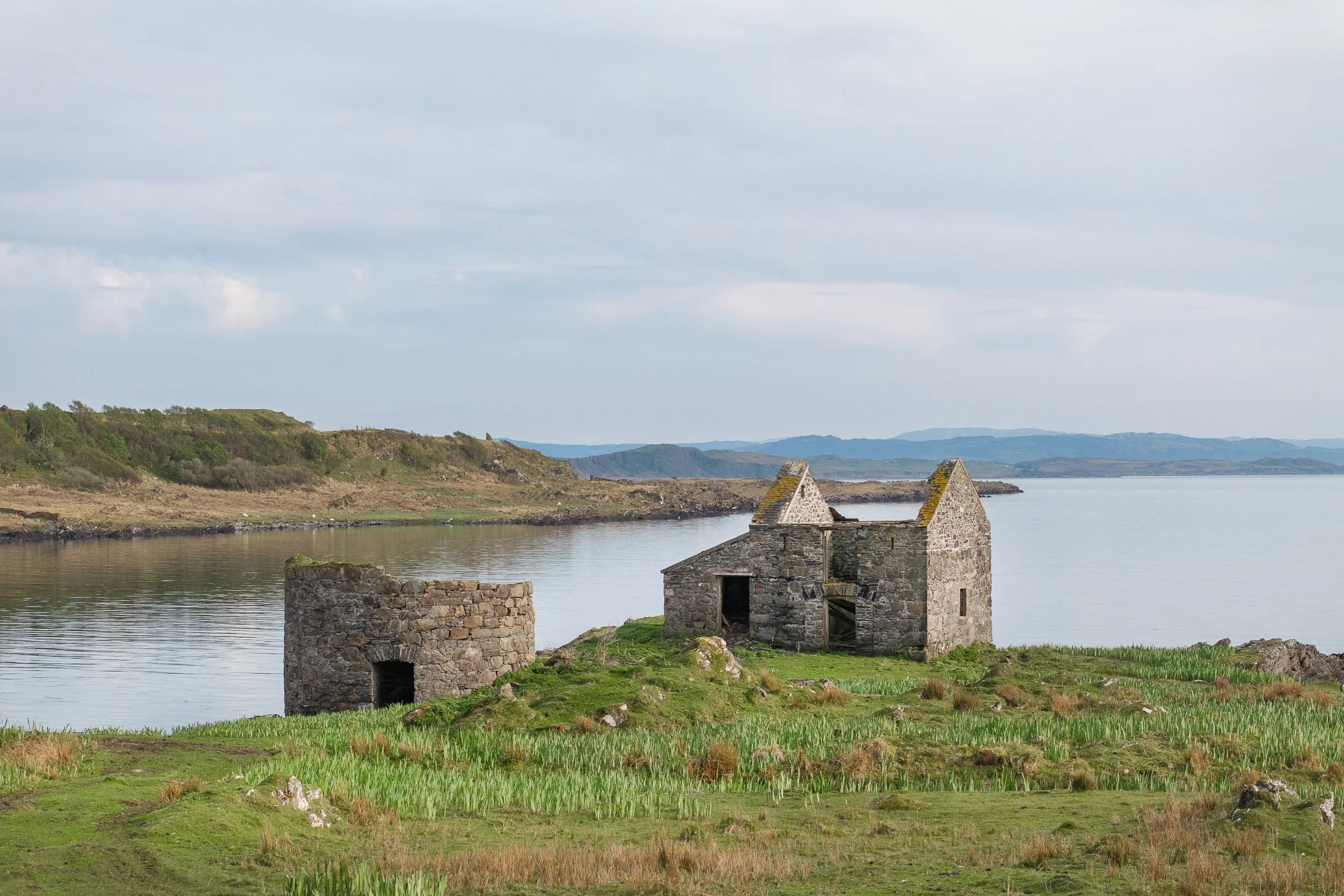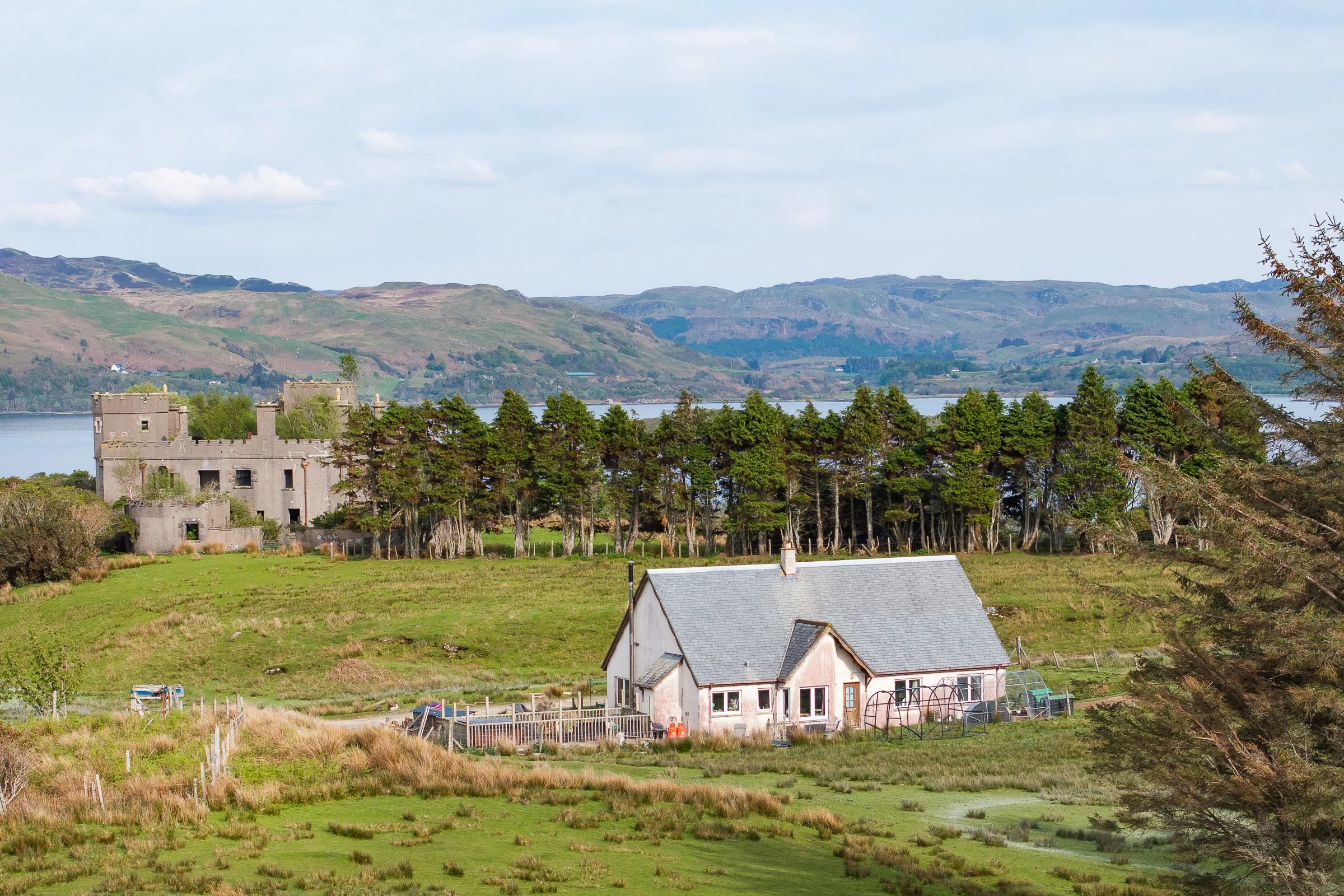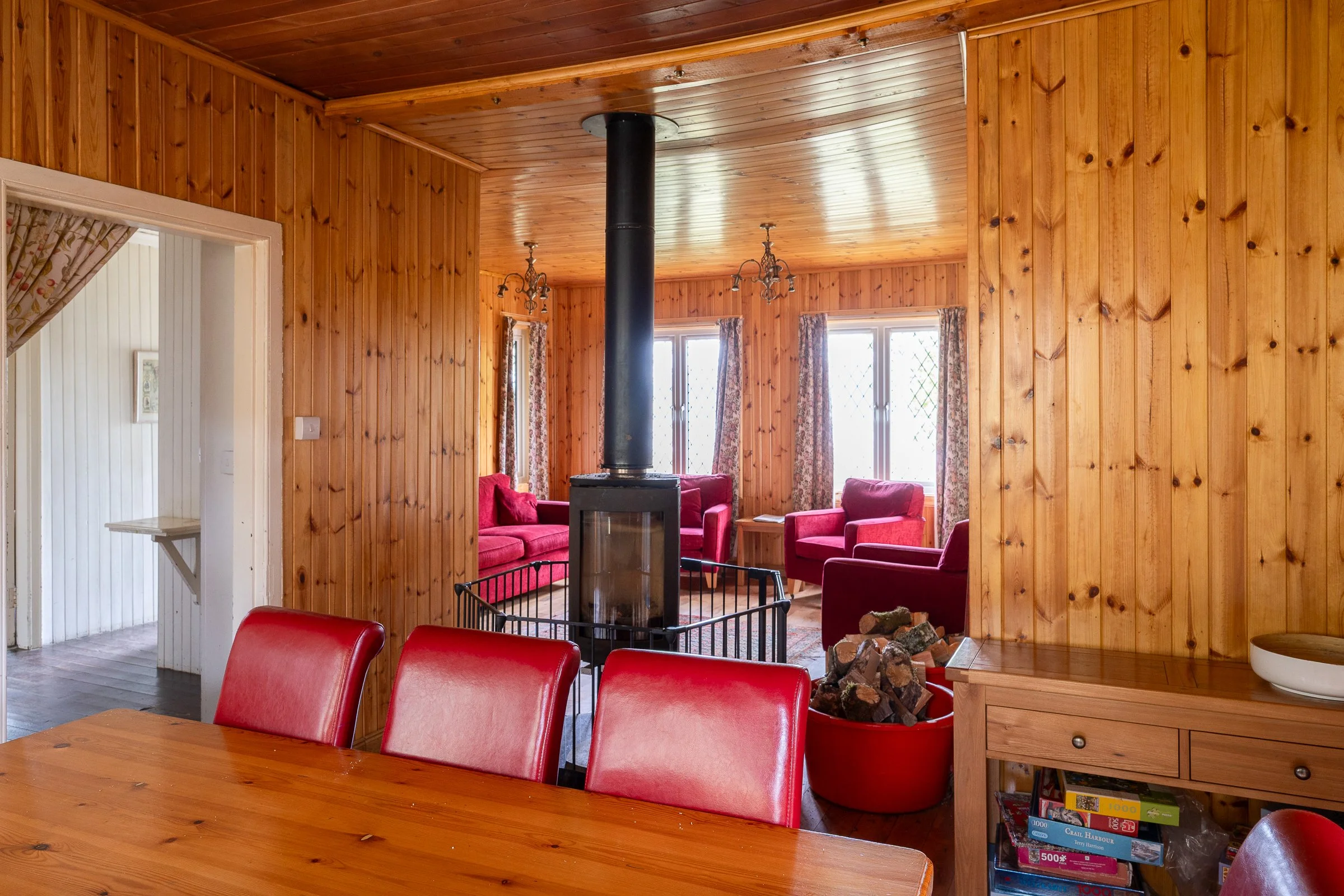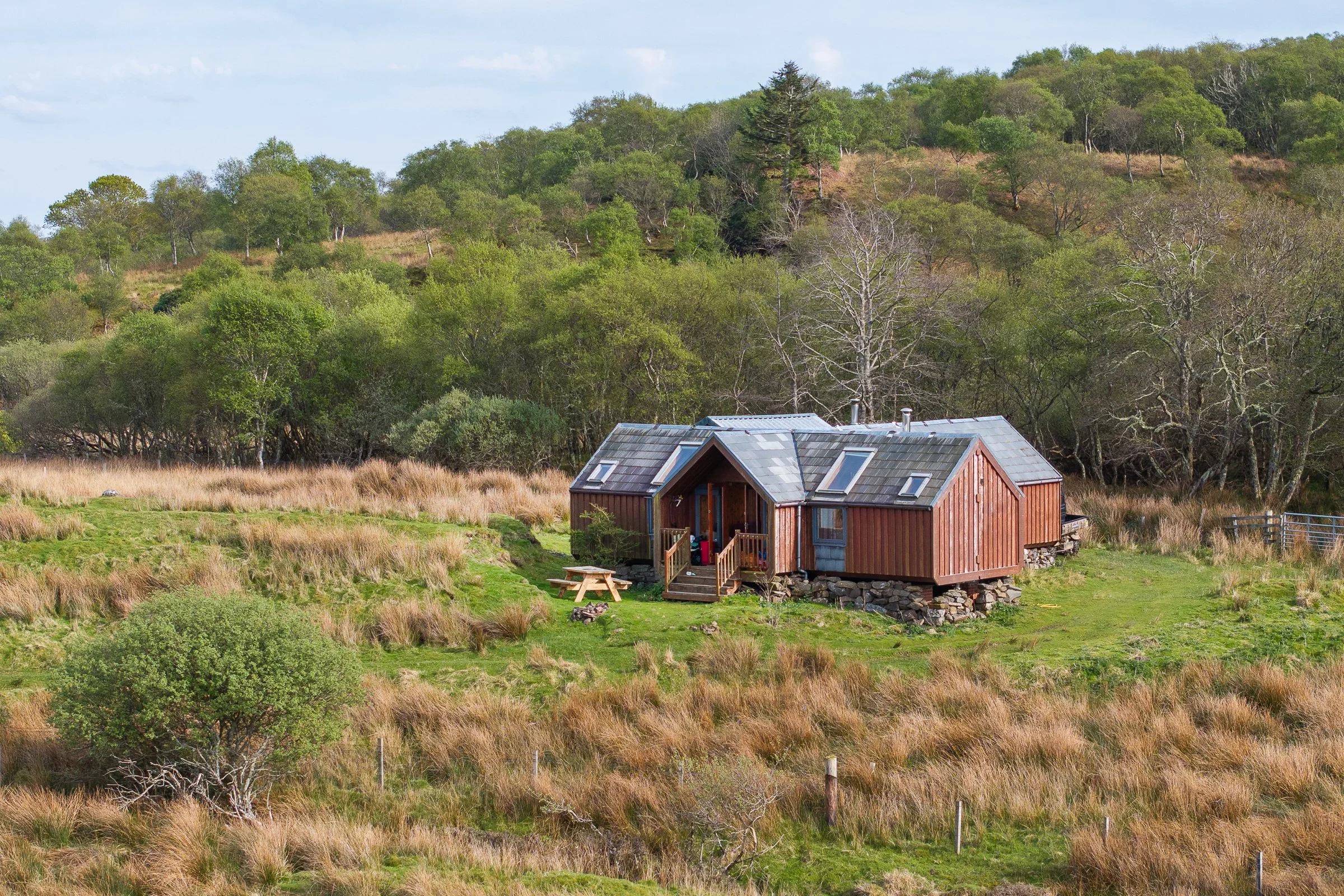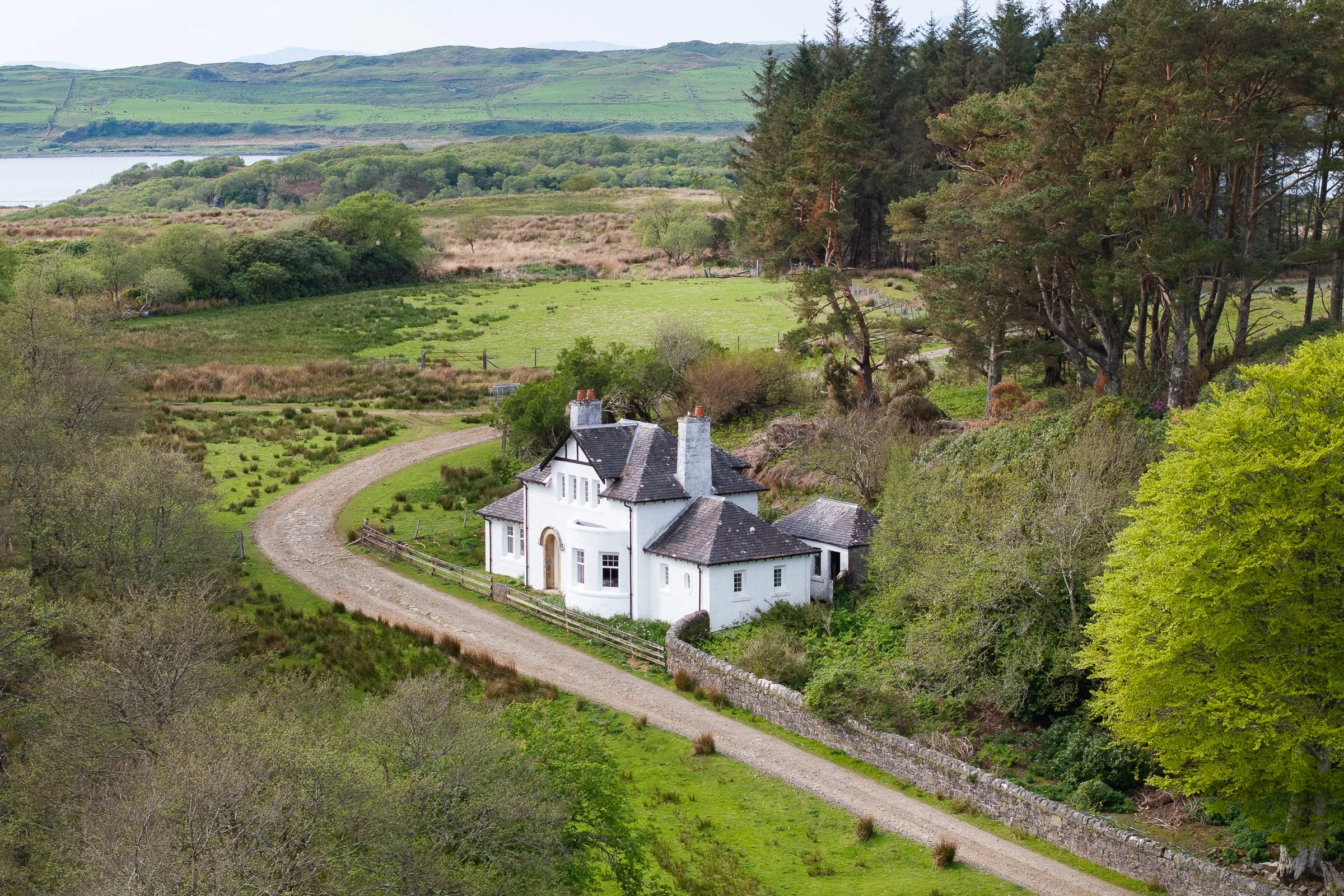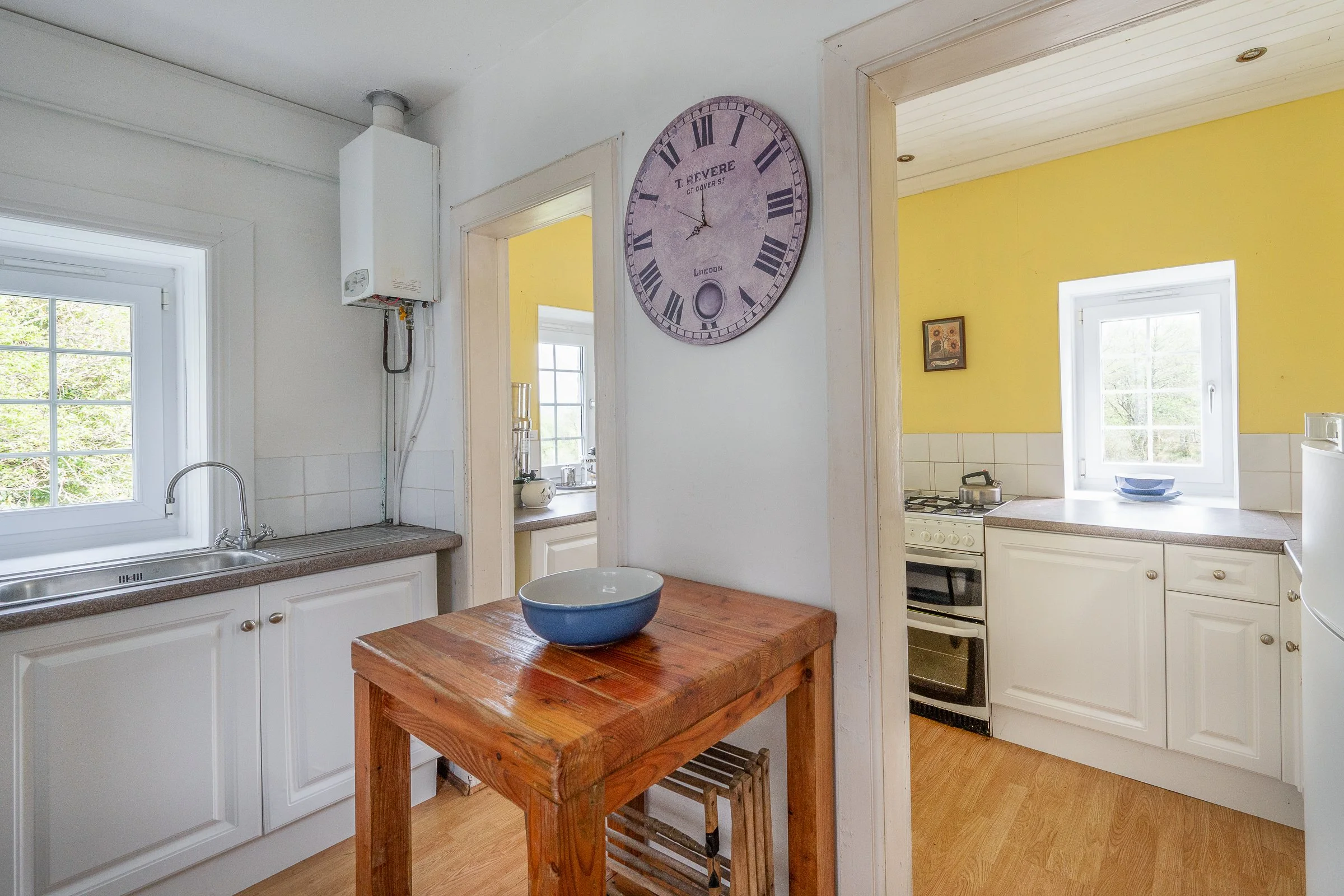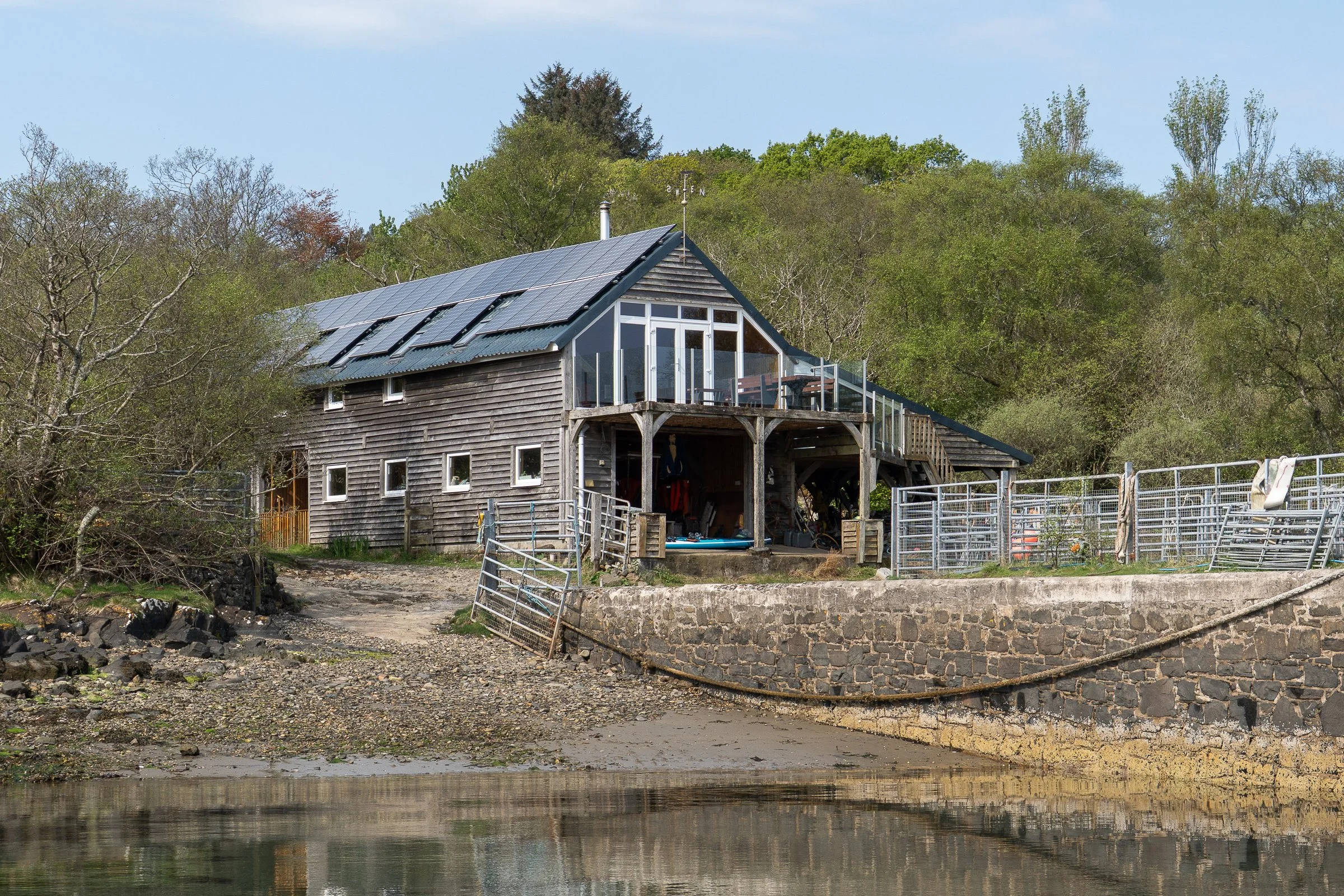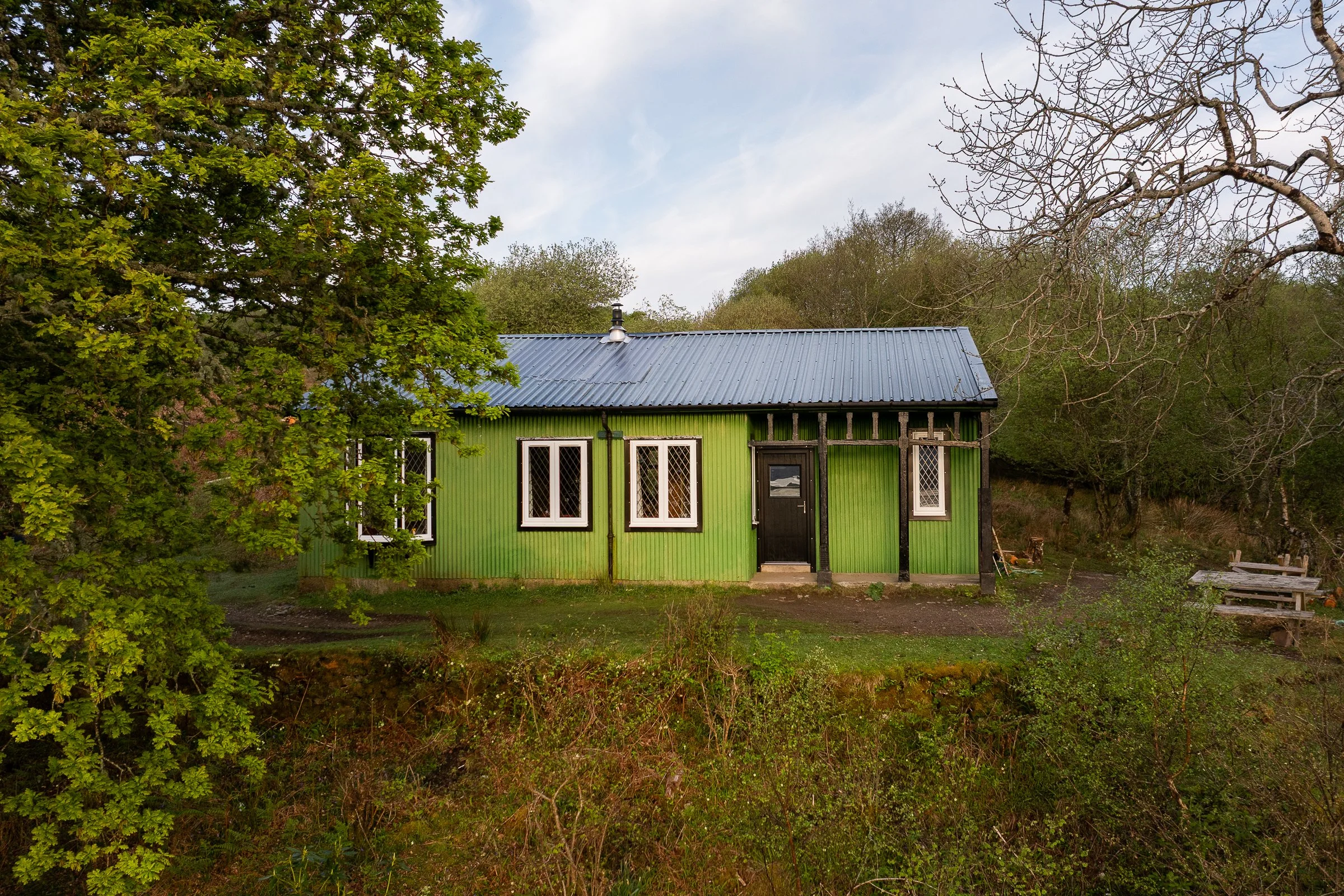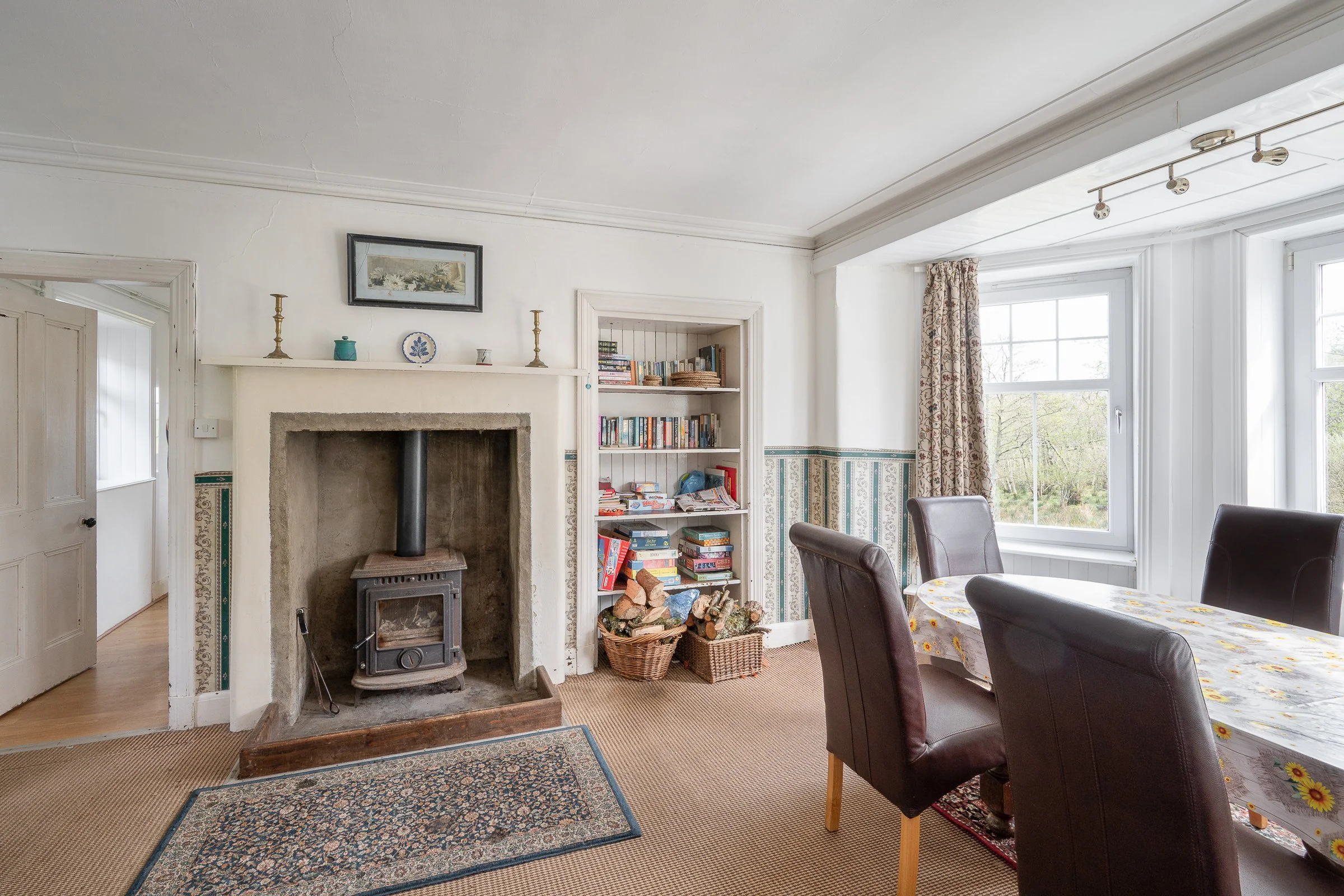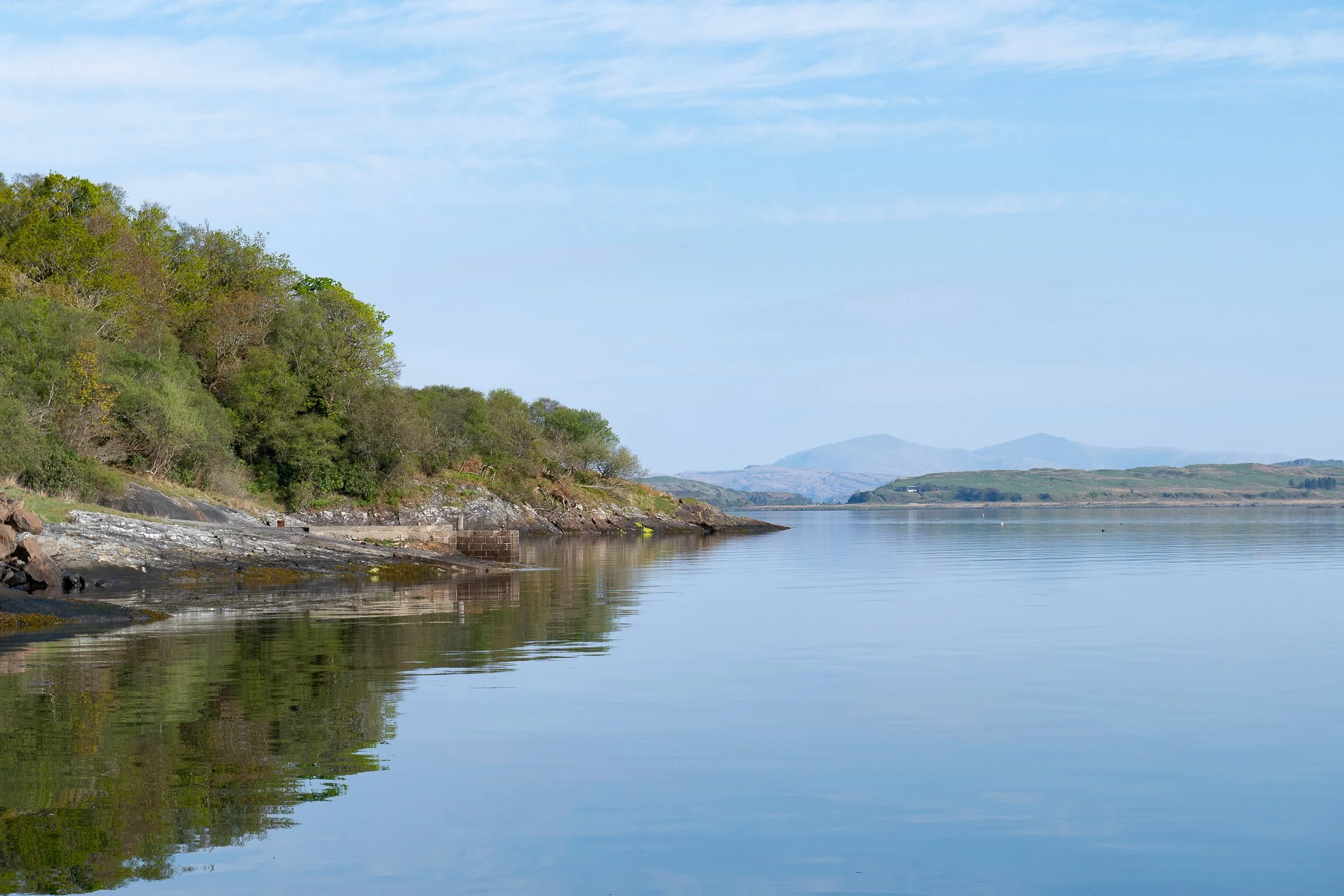Scottish Island With Castle Ruins and a Titanic Backstory Asks £5.5M
Welcome to Shuna Island, co-listed for £5.5 million with Knight Frank and United Kingdom Sotheby's International Realty, the first time in 80 years its 1,110 acres have come onto the market.
Imagine owning your own island nestled in the Inner Hebrides off the west coast of Scotland, located about 20 miles south of the scenic coastal resort town of Oban and just a quick 10-minute boat ride from Craobh Haven Marina.
What’s for sale isn’t just land—it’s the chance to revive a story that spans millennia, from Stone Age ritual to Titanic tragedy, remote wilderness to potential eco-tourism.
At the island’s heart sits the weather-beaten silhouette of Shuna Castle, built in 1911 by George Alexander MacLean Buckley, a New Zealand-born soldier and explorer fresh from supporting Shackleton’s British Antarctic Expedition. Buckley, whose family made its fortune in the Australian gold rush, envisioned the castle as an ancestral seat—a dramatic Edwardian manor with 50 rooms, turreted walls, and views over Loch Linnhe.
He hired an architect to bring the vision to life. In 1912, that architect boarded the RMS Titanic, carrying plans for future commissions in the United States. He never arrived. The drawings were lost at sea.
Buckley continued the project alone, but the castle was never completed as originally intended. By the 1980s, it had been left to the elements. Today, the structure remains—a dramatic shell on the hillside, equal parts ruin and invitation for restoration.
But Shuna is more than one man's legacy. The island holds traces of nearly every epoch: Stone Age burial mounds, Iron Age votive swords, and medieval ties to Clan Campbell, to whom the island was gifted in 1321 by Robert the Bruce. Later, it passed through the hands of Clan Maclean and eventually into private ownership, reflecting the shifting allegiances and power struggles of Scotland’s clan-dominated Highlands. These layers of history are etched into the land—echoes of a time when islands like Shuna were both strategic strongholds and symbols of ancestral pride.
In the 20th century, it became the private retreat of the Gully family, who maintained it as both working farm and secluded holiday haven.
Shuna is still a working island, just not in the way most understand it. The estate is fully off-grid, powered by solar panels, wind turbines, and backup generators. Eight residential houses—ranging from lochside cottages to a 12-bedroom hillside retreat—sleep up to 52 guests and have hosted everything from family reunions to low-key wellness retreats.
There are no roads. Each home comes with a boat. Wildlife roam freely: red and fallow deer, Highland cattle, otters, seals, porpoises, golden eagles.
And while it feels like the edge of the world, it’s remarkably connected: Glasgow is 100 miles away, reachable in under three hours by car and boat—or in just 30 minutes by helicopter.
Whether revived as a private estate, reimagined as an eco-retreat, or preserved as a living archive of Scottish history, Shuna Island is a place where landscape and legend blur—a rare opportunity to own both.
All photos belong to the listing agencies.


